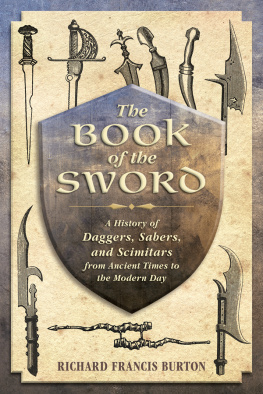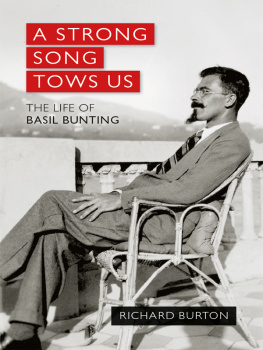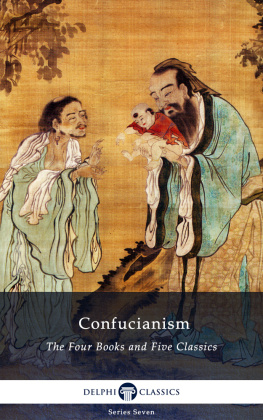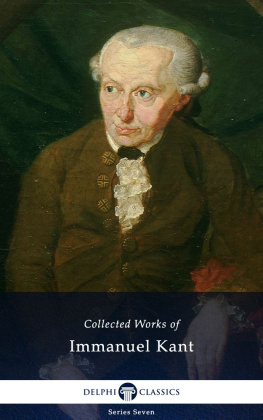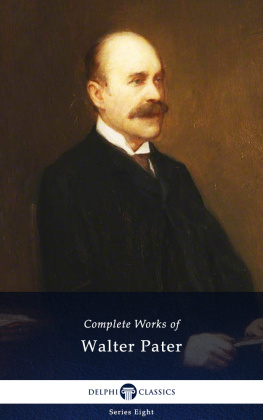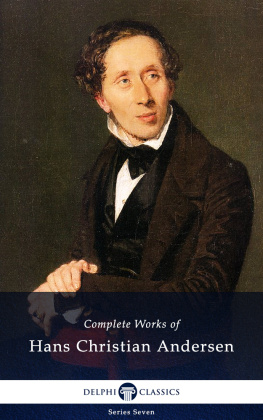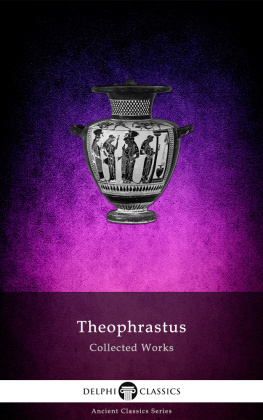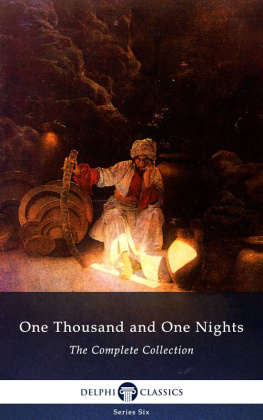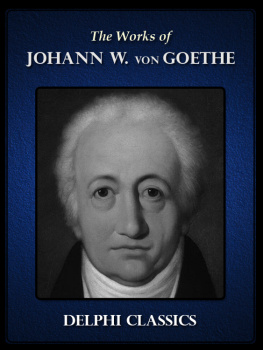
The Collected Works of
SIR RICHARD FRANCIS BURTON
(1821-1890)

Contents

Delphi Classics 2016
Version 1

The Collected Works of
SIR RICHARD FRANCIS BURTON

By Delphi Classics, 2016
COPYRIGHT
Collected Works of Sir Richard Francis Burton
First published in the United Kingdom in 2016 by Delphi Classics.
Delphi Classics, 2016.
All rights reserved. No part of this publication may be reproduced, stored in a retrieval system, or transmitted, in any form or by any means, without the prior permission in writing of the publisher, nor be otherwise circulated in any form other than that in which it is published.
ISBN: 978 1 78656 055 1
Delphi Classics
is an imprint of
Delphi Publishing Ltd
Hastings, East Sussex
United Kingdom
Contact: sales@delphiclassics.com
www.delphiclassics.com
Parts Edition Now Available!

Love reading Richard Burton ?
Did you know you can now purchase the Delphi Classics Parts Edition of this author and enjoy all the novels, plays, non-fiction books and other works as individual eBooks? Now, you can select and read individual novels etc. and know precisely where you are in an eBook. You will also be able to manage space better on your eReading devices.

The Parts Edition is only available direct from the Delphi Classics website.
For more information about this exciting new format and to try free Parts Edition downloads , please visit this link .
The Books

Richard Francis Burton was born in Torquay, Devon, in 1821, (picture c. 1811)

Burton spent the early days of his life in Elstree, Hertfordshire
GOA AND THE BLUE MOUNTAINS

Goa and the Blue Mountains was originally published by Richard Bentley in 1851. It is the authors account of his travels through Goa and sections of southwest India during a period of leave from the British East India Company Army. Burton spent time travelling along the Malabar Coast, before visiting the Nilgiri Mountains in the state of Tamil Nadu. Burton was an extraordinary linguist, who managed to master more than twenty five languages during his lifetime. He was keen to demonstrate his knowledge and proficiency in languages to his British readers and frequently positioned himself as an expert on the people he encountered and the places he visited.
Goa had been colonised by the Portuguese in the early sixteenth century and remained under their imperial control until the 1960s when India annexed and assumed governance of the territory. India gained independence from the British in 1947 and subsequently requested Portugal to relinquish their claim to Goa. The Portuguese government refused to negotiate, so in 1961 the Indian army began Operation Vijay, which saw them launch a series of land, air and sea strikes on the territory over the course of two days. It was a quick and easy victory for the Indians and resulted in ending more than four hundred years of imperial rule by the Portuguese.
Burtons observations and interpretations of his surroundings reveal his imperialist attitude and his cultural and scientifically racist views. He manages to be critical of areas of imperial rule, while also maintaining the belief that the inhabitants are extremely fortunate to be part of a European Empire. He uses overtly racist terms to describe many of the people he encounters and reaffirms the sense of European superiority. He believes that the Portuguese colonies in India had decayed and degenerated into corruption and disarray due to intermarriage between the Europeans and the indigenous population. He employs racist pseudo-scientific language to suggest biracial people have a malformation orsoftness of the brain and states they are a degraded looking race. Burton also considers interracial relations to be a treacherous political daydream and warns the British to avoid intermarriage if they wish to preserve their colonial power. Nevertheless, his detailed account of his travels evokes a vivid impression of colonial India and a time long since passed.

The first edition
CONTENTS

The first editions title page

Bekal Fort Beach, Kerala, Malabar Coast

Nilgiri Hills from Masinangudi
TO MISS ELIZABETH STISTED
This little work,
which owes its existence to her
friendly suggestions,
is dedicated,
in token of gratitude and affection,
BY THE AUTHOR
Chapter I. The Voyage.
WHAT a glad moment it is, to be sure, when the sick and seedy, the tired and testy invalid from pestiferous Scinde or pestilential Guzerat, leaves all behind him and scrambles over the sides of his Pattimar.
His what?
Ah! we forget. The gondola and barque are household words in your English ears, the budgerow is beginning to own an old familiar sound, but you are right the Pattimar requires a definition. Will you be satisfied with a pure landsmans description of the article in question. We have lost our edition of The Ship, and to own humbling truth, though we have spent many a weary month on the world of waters, we never could master the intricacies of blocks and braces, skylights and deadlights, starboards and larboards. But if we are to believe the general voice of the amphibious race, we terrestrial animals never fail to mangle the science of seamanship most barbarously. So we will not expose ourselves by pretension to the animadversions of any small nautical critic, but boldly talk of going up-stairs instead of on deck, and unblushingly allude to the behind for the aft and the front instead of the fore of our conveyance.
Next page


